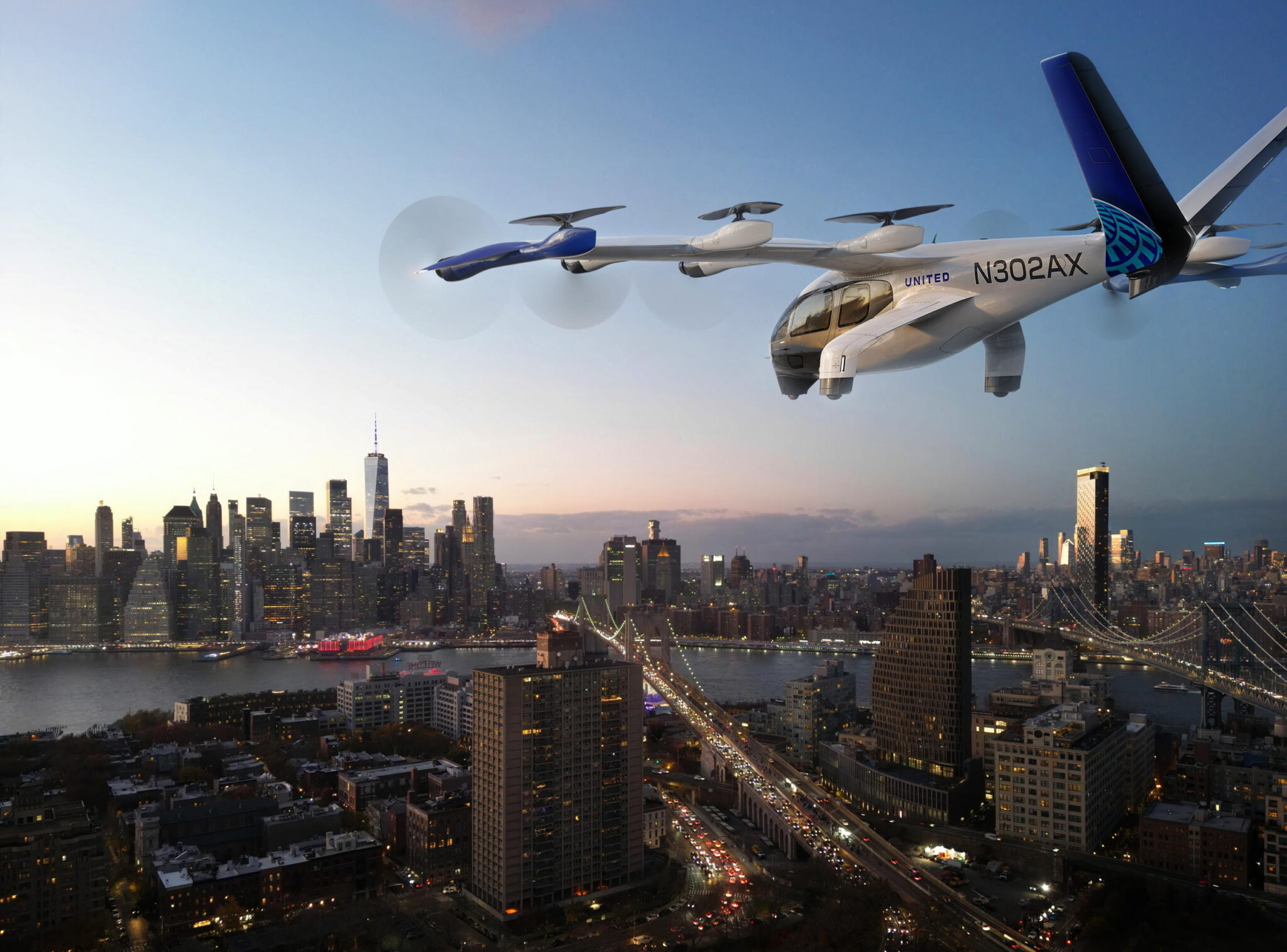TCab Tech, founded in Shanghai in 2021 by Yon Wui Ng and a team of aerospace engineers, has quickly established itself as a leader in China’s advanced air mobility sector. The company’s mission, reflected in its name “Time Taxi,” is to provide zero-emission, time-saving aerial transportation for urban environments. TCab Tech’s flagship project, the E20 eVTOL aircraft, is at the heart of its recent industry prominence and investment surge.
eVTOL News | Electric Aircraft News | Advanced Air Mobility News
News

Before diving into the details, it's vital to understand that international private jet charter involves numerous complex elements beyond simply booking an aircraft. This comprehensive guide covers critical aspects of international private aviation, from planning and regulatory compliance to customs procedures and hidden costs. Whether you're a seasoned private flyer or planning your first international charter, understanding these intricacies will help ensure a smooth, compliant journey while avoiding common pitfalls that can disrupt travel plans or lead to unexpected expenses.

The global eVTOL market is projected to reach $87.6 billion by 2026, growing at a compound annual rate (CAGR) of 37.2%, fueled by demand for urban air mobility solutions and strategic partnerships with automotive and aerospace giants. However, the industry faces momentous challenges, including capital-intensive certification processes, volatile stock performance, and infrastructure gaps. Investors must weigh the high-risk, high-reward potential of pure-play eVTOL stocks against broader market uncertainties.

The Gulfstream G800, the world's longest-range business aircraft, achieved a significant milestone with simultaneous type certifications from the U.S. Federal Aviation Administration (FAA) and the European Union Aviation Safety Agency (EASA) on April 16, 2025. This dual certification validates the aircraft's compliance with stringent safety and performance standards and underscores its enhanced capabilities, which exceed original projections. The G800's entry into service establishes a new benchmark in ultra-long-range travel, offering unprecedented range, speed, and cabin innovations that significantly advance the standards of international business aviation.

Business jet operating costs vary widely – from under $1,000 per flight hour for tiny jets to nearly $8,000 per hour for ultra-large corporate airliners. These costs include fuel burn, maintenance, engine reserves, crew expenses, insurance, and other operating fees required to fly the aircraft. In general, smaller jets with lighter cabins are far less expensive to operate per hour than larger, long-range jets, thanks to lower fuel consumption, single-pilot operation in some cases, and more straightforward maintenance. Newer models also tend to incorporate more efficient engines and aerodynamic improvements that reduce hourly costs.

Archer Aviation has revealed ambitious plans to remake urban transportation in New York City through an electric air taxi network developed in partnership with United Airlines. The initiative aims to transform the notoriously time-consuming journey between Manhattan and the region's major airports into quick, efficient flights lasting just 5-15 minutes. This comprehensive plan leverages existing aviation infrastructure and represents a significant step forward in advanced air mobility, potentially changing how millions of travelers navigate one of the world's busiest metropolitan areas.

In a bold step toward advancing Urban Air Mobility (UAM) infrastructure, Osaka Metro Co., Ltd. has revealed plans for the OSAKAKO Vertiport, a dedicated eVTOL takeoff and landing hub near the iconic Osaka Bay waterfront. Scheduled to be operational ahead of the Osaka-Kansai Japan Expo 2025, this facility is more than a temporary Expo installation; it’s a calculated pilot project signaling Japan’s intent to fold UAM into its future transport ecosystem.

Selecting the appropriate business aircraft represents the single most critical decision in aviation ownership, with financial implications that can either elevate or undermine an organization's entire investment. Proper aircraft selection forms the foundation upon which all subsequent operational success depends. When an aircraft's capabilities align with actual travel requirements, companies unlock unparalleled operational efficiency, substantial cost savings, and measurable productivity enhancements. Industry analysis confirms that organizations operating appropriately matched aircraft generate up to 30% more revenue per seat than those flying mismatched equipment.

EHang recently celebrated a significant milestone as the Civil Aviation Administration of China (CAAC) granted Air Operator Certificates (AOCs) to EHang General Aviation and Heyi Aviation for the EH216-S eVTOL. According to coverage by China eVTOL News, this marks the first time a pilotless, passenger-carrying aerial vehicle has received regulatory approval for commercial operations. It highlights an ongoing shift in how authorities view short-hop electric aircraft and their potential to offer low-altitude tourism, sightseeing excursions, and other services in cities like Guangzhou and Hefei.
- XTI Aerospace's TriFan 600: VTOL Aircraft VTOL Progresses Towards FAA Certification
- Navigating the Pitfalls of Business Aircraft Charter: Essential Guide to Charter Flight Pitfalls and How to Avoid Them
- Vertiport Downwash Solutions: Skyportz Patented Vertipad Technology
- Electra Secures 2,200 Pre-Orders for EL9 Ultra Short hybrid-electric Aircraft
- Digital Twins in Business Aviation: Virtual Fleet Management
- The Pilatus PC-24: Switzerland’s Versatile Super Light Jet
- Business Aviation's Role in the Multi-Modal Future: With Strategic Action Plan
- SkyDrive Achieves JCAB G-1 Certification Basis for eVTOL Aircraft.
- The Global Low-Altitude Economy, Q1 2025: Strategic Initiatives and Key Developments
- When Is Chartering a Private Jet Worth It? Evaluation of Cost and Convenience of Private vs Commercial travel
